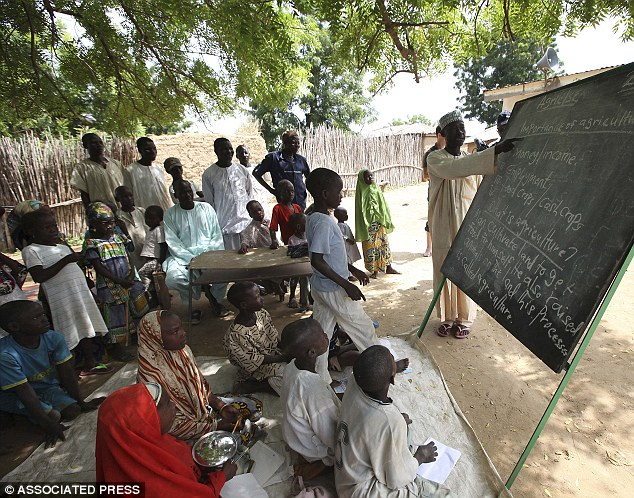By Abdullahi Inuwa
Northern Nigeria is grappling with an education crisis of alarming proportions. Despite numerous interventions by governments, international organizations, and non-governmental bodies, millions of children remain out of school, literacy rates are abysmally low, and the region is struggling to keep pace with the rest of the country. With insecurity, poverty, and cultural barriers deepening the crisis, experts fear that the North is losing the battle for education.
According to UNICEF, Nigeria has the highest number of out-of-school children in the world, with over 18.5 million children not attending school. The majority of them—around 12 million—are in the North. In states like Borno, Yobe, Zamfara, and Katsina, where banditry and insurgency have devastated communities, thousands of schools have been shut down or destroyed, leaving children with no access to learning.
Poverty is another major factor driving educational decline. Many families in the region prioritize survival over schooling, as economic hardship forces children into street hawking, begging, or early marriages. The Almajiri system, which places young boys in traditional Islamic schools with little or no formal education, continues to thrive, further widening the literacy gap.
Terrorist activities, banditry, and kidnappings for ransom have crippled the education system in Northern Nigeria. Schools are frequently targeted by armed groups, leading to mass abductions of students and teachers. The fear of attacks has forced many parents to withdraw their children from school, especially girls, who are more vulnerable to gender-based violence.
The government has attempted to secure learning institutions through initiatives such as the Safe Schools Declaration, but the measures remain largely ineffective. Many schools lack proper security infrastructure, and in rural areas, teachers are abandoning their posts due to fear for their lives.
Cultural resistance to Western-style education remains a significant obstacle, particularly for girls. In many conservative communities, education for girls is still considered unnecessary beyond primary school. Early marriage is rampant, cutting short the education of thousands of young girls. According to the National Bureau of Statistics, Northern Nigeria has the highest rate of child marriage in the country, with many girls married off before the age of 15.
Over the years, the federal and state governments have launched various programs aimed at improving education in the region. The Better Education Service Delivery for All (BESDA) initiative, the National Home-Grown School Feeding Program, and state-level interventions have had some positive impact. However, corruption, mismanagement, and a lack of political will continue to hinder real progress.
Education experts and stakeholders warn that if the situation does not improve, Northern Nigeria risks falling further behind, with dire consequences for national development. The region needs more investment in infrastructure, security, and teacher training. Cultural reorientation campaigns must also be intensified to promote the value of education, especially for girls.
The battle for education in Northern Nigeria is far from won. Without decisive action, an entire generation could be lost to illiteracy, poverty, and violence, deepening the region’s socio-economic struggles.




